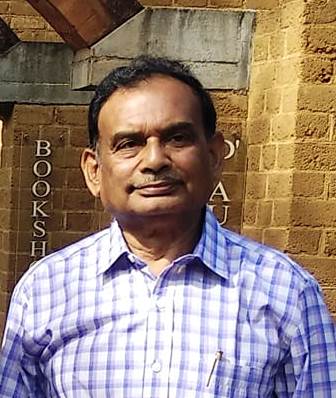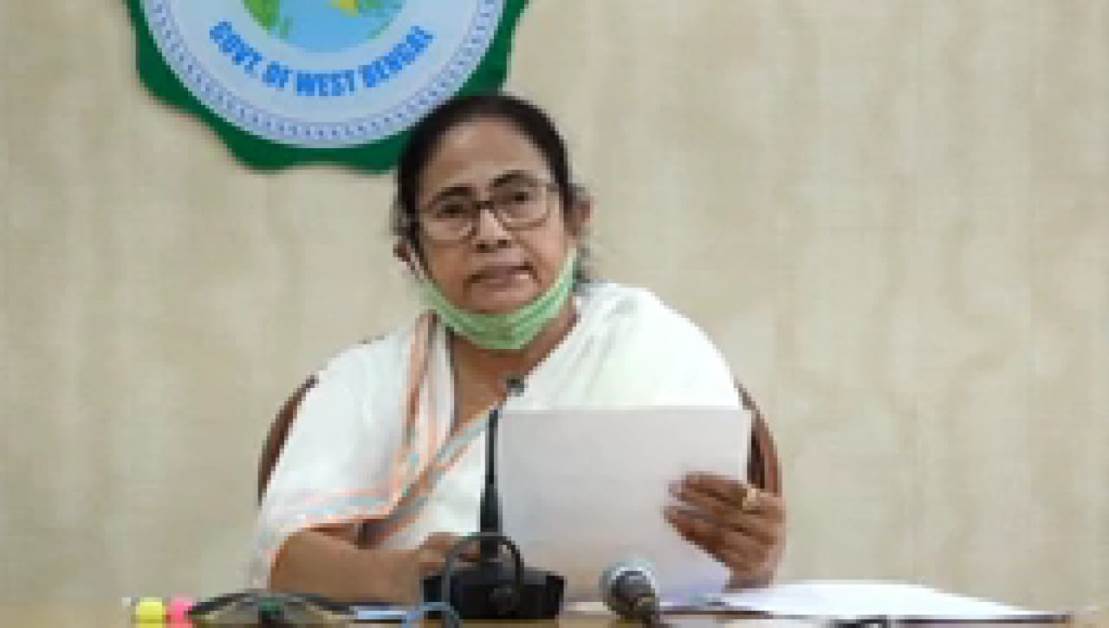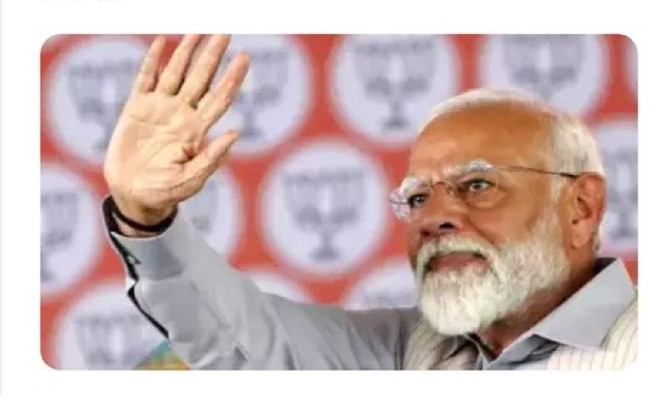Prime Minister Modi’s first budget, after a massive election victory, is neither an easy process for the Government nor does it have the compulsion to be soft.
 Shivaji Sarkar
Shivaji Sarkar

Prime Minister Modi’s first budget, after a massive election victory, is neither an easy process for the Government nor does it have the compulsion to be soft. It may tend to maintain a balance but with a revenue crunch, there are likely to be efforts to raise it.
Except for Haryana and Maharashtra, which go to polls in October no other State is holding elections this year. Delhi is next January 2020. This gives further leeway.
Certainly, the budget would not be populist and the income tax was taken care of in the interim budget wherein the limit has been increased to Rs 5 lakhs. This was not made the base of the exemption limit. Now for those earning above Rs 5 lakhs might have this as the base. There can be some surprises and the Government might propose moves which may continue to pinch taxpayers.
Not many remember that the 2017-18 budget had increased cess from 3% to 4% though standard deduction was raised. This raised liability on higher tax slabs. They might remain the target again.
There are serious concerns too. The GDP data controversy is on along-with questions on book keeping. The debate on growth also does not show unanimity. Stress is seen in manufacturing, industrial index, skewed GST on petrol prices and less than expected show by the economy.

The annual growth rate in car sales in May 2019, according to the Society of Indian Automobile Manufacturers (SIAM) was 26%, the lowest since 31% in September 2001. This trend started in November 2018.
Besides, sales have been falling since the National Green Tribunal ordered junking for operational ten-year old cars on false environmental concern. Cars contribute less than 2% of total pollution and are family properties and mostly a lifetime buy. Quixotic policy decisions have seen diesel car sales going to a critical low forcing Maruti to abandon production.
There is a crisis of confidence. It is not a benign issue and could lead to a deceleration in economic activity through a negative multiplier effect.
Further, it is unwise for the Government to fall into the trap of the US and western oil sellers propaganda of junking diesel. With latest technology, diesel is not that pollutant.
The policy makers have to see it from an economic viewpoint. Every day 12 billion litres of petrol and 27 billion litres of diesel are consumed. The entire transport fleet operates on diesel. It is a refining byproduct, cheaper and effective fuel.
The refining capacity has increased to 230 million metric tonne per annum (MMTPA) and as per the Petroleum Ministry imports in value terms have come down to Rs 4.16 lakh crores for 202 MMT import in 2015-16 from Rs 6.87 lakh crores for 189 MMT in 2014-15 due to fall in crude prices.
International oil sellers do not want India to have this benefit. Now if the country stops using diesel vehicles, about 10,000 billion litres of diesel refined a year in India would go waste, increase international crude prices as the country would import more and prop up profits of the western giants.
The budget has to address this critical issue. Next year for preparation of BS 6 (Euro VI) fuel, Indian Oil would have to shut down 11 refineries for roughly a month. During that time processed fuel has to be imported.
Instead of falling into the trap of oil-industry propped environment lobbies, India must sell diesel at cheaper rates to give a boost to its economy. New auto tech has made diesel more efficient with BS 6 as good as petrol.
Importantly, policy glitches have caused many uncertainties. The country must change its diesel policy ignoring international lobbyists. This would bring down operational costs of farms and industry who are clamouring for an overall economy. It would slash even the Government’s own fleet cost. This decision would take the industry to fast lane.
The Government also should accept that despite our space mission progress of going to Mars and the Moon, we are still a developing nation. Its finances are critical though we may be a $ 5 trillion economy in a few years.
Disparity is growing and so is inflation. Food prices are inching ahead but farmers still have to wait for doles. While PM Kisan Samman Nidhi (PMKSN) has provided necessary cash to lubricate the rural economy, the nation has not yet streamlined agro-product sales. Kisans are forced to sell at distress prices despite now higher MSPs.
The corporate and middle men still rule the farm market. The Government should consider giving higher relief to I-T payee farmers considering often they get paid less than their production cost. They pay I-T as their volumes are large. There is no harm in extending them the PMKSN benefit too. Tax losses if at all would be notional as their numbers are very few.
A key issue is domestic savings. Savings of India’s poor have sustained Indian economy for decades buoyed by reasonable interest that they were getting. The Government needs to bolster the National Savings Scheme, which even collected 25 paise from children, to launch new campaigns to increase savings.
It also has to consider giving them higher interest and not cut RBI rates to subsidise the giant multi-billionaire debtors (MBD). The MBDs should be given loans at commercial market rates. They should be forced to use their huge savings. Public money, they must be told, is neither free nor poor savers should subsidise the giants.
Long-term savings have to be incentivised. The savings rate surged from 25.9% in 2003 to 36.8% in 2008. Since 2012, because of deviant UPA policy, aggregate savings rate declined from 34% to 30.5% in 2017-18.
Household savings plunged from 22.4% in 2012 to 17.6%. This has been the mainstay of the economy from the 1950s to 1980s. Provisions of Section 80C has to be widened and limit must be increased to Rs 3 lakh at the least. This would bring in more funds to the Government programmes, a necessity as the deficit is increasing. There are many critical areas like re-skilling workforce, strengthening the defence, integrated neighbourhood, Jal –water- mission, good education and health. Each needs investment. The budget would not be a soft candy but has to be an agent for growth





